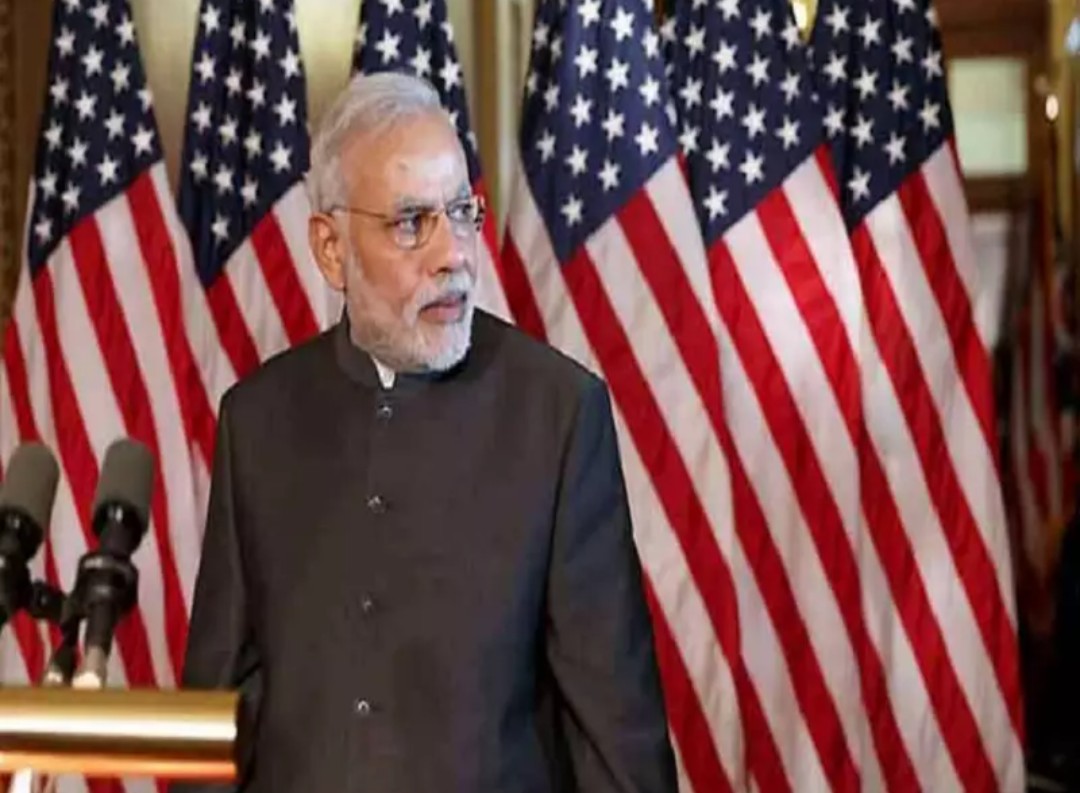Pratap Bhanu Mehta on India-China border dispute: The Xi regime’s unprecedented global alienation notwithstanding, no other country has a serious stake in the fate of the terrain India and China are disputing.
The border stand-off with China has made it crucial for India to rethink all its strategic options. Can it use the growing anti-China sentiment across the world to its advantage? The moment seems ripe, writes Pratap Bhanu Mehta, contributing editor, The Indian Express, in his latest column. “The degree of global alienation with the Xi Jinping regime is unprecedented. But can this be translated into concerted global action to exert real pressure on China?”
Many strategic experts are salivating at the prospect of India deepening its alliance with the US. In reality, India’s options may be limited, Mehta points out.
“It is an odd moment in global affairs, where there is recognition of a common challenge emanating from China, but no global appetite to take concerted action.”
Look at the global response to China’s Belt and Road Initiative (BRI). “Many countries are struggling to meet their BRI debt obligations. Many Chinese loans have become a millstone around the debtor countries’ necks. But it is difficult to see the rest of the international community helping all these countries to wean their regimes away from dependence on Chinese finance. Similarly, there are now great concerns over frontier areas of conflict like cyber security and space,” Mehta writes.
 In Kolkata, protests against China. (Express Photo: Partha Paul)
In Kolkata, protests against China. (Express Photo: Partha Paul)
But why is that?
“International relations”, Mehta says, “are formed in the context of a country’s development paradigm”. The US-China relationship for example, may have had its origins in the strategic attempt to create a Sino-Soviet split, “but for decades, this relationship was sustained not by a strategic logic, but by the logic of the political economy of development in both the US and China, where they reciprocally depended on each other”. This US-China arrangement largely benefitted big businesses in America at the expense of its own domestic manufacturing base.
But the political legitimacy of this development model has waned in recent years.
The question before India is whether its development needs will fit into the emerging US development paradigm. That is, “Will a US hell-bent on bringing manufacturing jobs back to the US, easily gel with an “atma nirbhar” Bharat?”
Mehta concludes: “We are in a paradoxical world where the strategic necessity of the rest of the world to come together on China has never been higher; yet the appetite for concerted action has never been weaker. Fundamentally, few countries are going to put their money where their mouth is.”
The efforts of the international community will therefore be to try and throw cold water on the India-China conflict as “no one has a serious stake in the fate of the terrain India and China are disputing”.
At the end of the day, Mehta underlines, “India has to manage China and Pakistan largely on its own.”
With inputs from The Indian Express
This story has not been edited by Kashmir Today staff and is published from a syndicated feed
Disclaimer: The opinions expressed within this blog are the personal opinions of the author. Kashmir Today is not responsible for the accuracy, completeness, suitability, or validity of any information on this blog. All information is provided on an as-is basis. The information, facts or opinions appearing on the blog do not reflect the views of Kashmir Today and Kashmir Today does not assume any responsibility or liability for the same.

